The International Olympic Committee met in New York City for a high-level event at the United Nations headquarters, encouraging governments, policymakers and global leaders to formally include physical activity as a key element of public policies for sustainable development. It was also a positive move towards the upcoming World Summit for Social Development, scheduled to take place in November 2025 in Doha, Qatar. The IOC used the opportunity to position sport as a powerful driver of progress.

Colombian journalist and diplomat Luis Alberto Moreno, member of the International Olympic Committee and permanent observer to the United Nations
The meeting, titled ‘Promoting Social Inclusion through Sport: Towards the Second World Summit for Social Development’, was co-hosted by the Permanent Missions of Qatar and Monaco to the United Nations, in partnership with the United Nations Department of Economic and Social Affairs (UN DESA). The meeting brought together diplomats, athletes and organisational representatives to explore the role of sport in addressing systemic inequalities and advancing the UN Sustainable Development Goals (SDGs).
Colombian journalist and diplomat Luis Alberto Moreno, member of the International Olympic Committee and permanent observer to the United Nations, gave a keynote speech, making a compelling argument for sport as a tool to promote social cohesion.
"Sport alone cannot create development or peace. However, sport can promote and support social development and inspire peace. It is our common responsibility," Mr. Luis Alberto Moreno emphasized.
Mr. Luis Alberto Moreno also made a strong appeal in his speech, asking decision-makers to ensure that sport has its rightful place in the debates of the World Summit for Social Development. Especially now, when he stressed that sport is more necessary than ever. His message was direct and urgent: “sport cannot be a marginal concern in the architecture of development policies. We cannot ignore the role of sport in shaping the future of social progress. If we really want to build inclusive societies, sport must be a central pillar of our strategies, not an afterthought,” Mr. Luis Alberto Moreno pointed out.
In his speech, Mr. Luis Alberto Moreno recalled the United Nations’ historic support for sport as a tool for transformation. He recalled the political declaration adopted at the first World Summit for Social Development in Copenhagen in 1995, which recognized sport as a key enabler for inclusion and growth.
A similar vision now drives the IOC’s Olympicism365 strategy, launched as part of the Olympic Agenda 2020+5 reform framework. The initiative aims to embed the Olympic values into everyday life, beyond the Games, by promoting access to sport, improving health and well-being, and strengthening the social fabric in communities around the world. Currently, Olympism365 reaches tens of millions of people through 550 programmes and social impact initiatives in 176 countries. In close collaboration with institutional and community partners, the IOC is working to ensure that sport makes a meaningful contribution to building more inclusive, healthier and more resilient societies.
At the event, the IOC highlighted a shift in policy thinking in many countries, where governments have begun to decentralise sports-based projects as tools for social cohesion. At the Sports for Sustainable Development Summit held ahead of the Paris 2024 Summer Olympic Games, world leaders and sports stakeholders signed a commitment to increase investment in sport as a means of sustainable development. Then, at the Finance for a Common Ground Summit (FiCS) in Cape Town in February, leading development finance institutions pledged to help governments leverage sport for national progress. The Paris 2024 Summer Olympic Games are a milestone for equality and sustainability. They will be the first Olympics with full gender parity on the playing field, demonstrating that equality in sport is not just an aspiration but an achievable reality. Furthermore, the event has set new standards for future global competitions and legacy through sustainable and socially responsible practices.
However, as the International Olympic Committee states, the full potential of sport in the social sphere remains untapped. Governments have more opportunities than ever to see sport as a low-cost, high-impact tool that can benefit everyone.
Source: https://bvhttdl.gov.vn/uy-ban-olympic-quoc-te-keu-goi-cac-nha-lanh-dao-toan-cau-uu-tien-the-thao-2025041015051113.htm


![[Photo] Prime Ministers of Vietnam and Thailand visit the Exhibition of traditional handicraft products](https://vphoto.vietnam.vn/thumb/1200x675/vietnam/resource/IMAGE/2025/5/15/6cfcd1c23b3e4a238b7fcf93c91a65dd)



![[Photo] National Assembly Chairman Tran Thanh Man meets with Thai Prime Minister Paetongtarn Shinawatra](https://vphoto.vietnam.vn/thumb/1200x675/vietnam/resource/IMAGE/2025/5/15/e71160b1572a457395f2816d84a18b45)



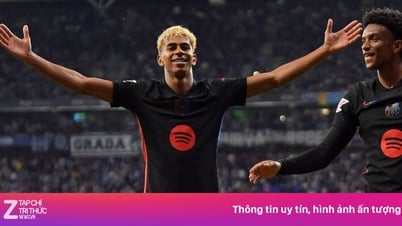
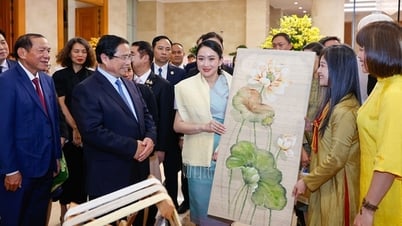
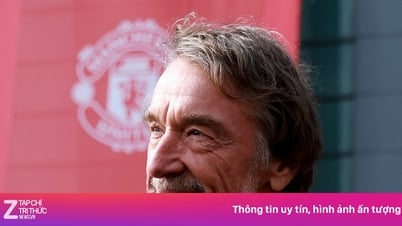
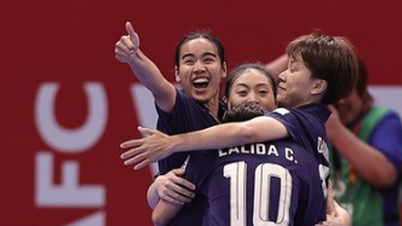

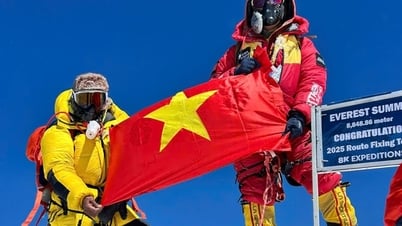





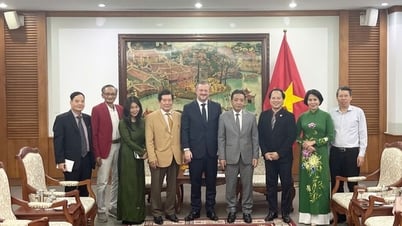

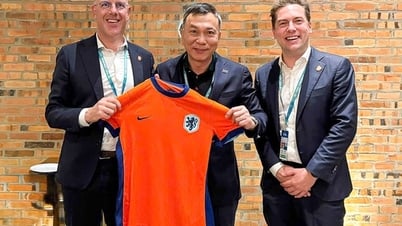

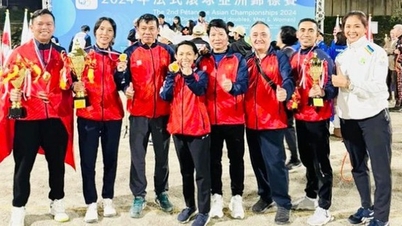
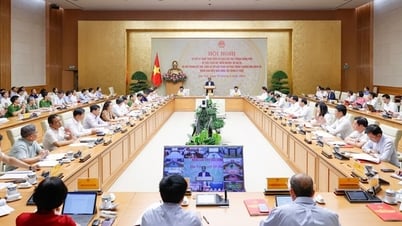
































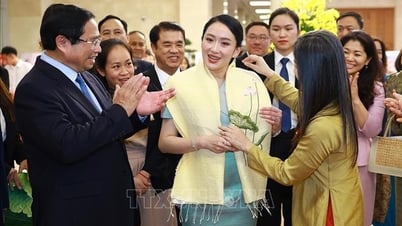

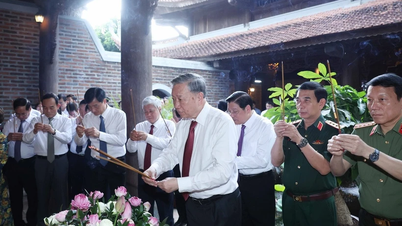
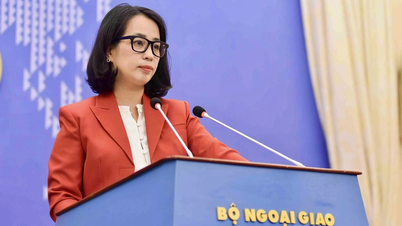






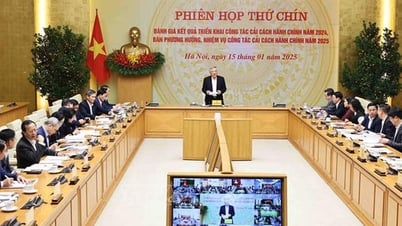
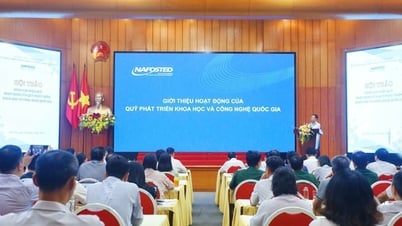

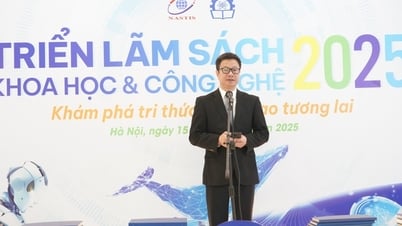
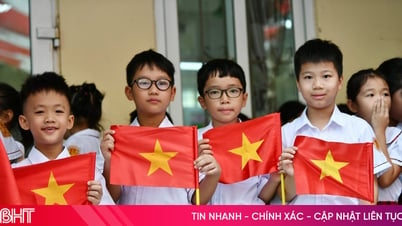


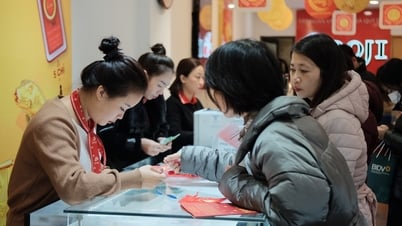



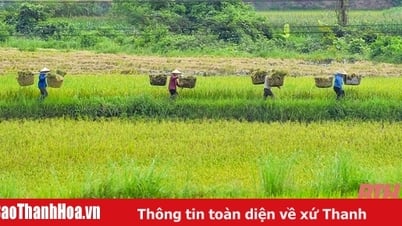











Comment (0)